This week continues with more MMO stories, but I want to take a break to talk a bit about mechanics and teamwork, why they’re important, and what the design space for that can look like.
In a majority of MMOs, there is the “holy trinity” of tanks, heals, and DPS. It’s a construct that a goodly number of people are fervently opposed to (often claiming it’s little different from the mechanics in old MUDs, as if age were a salient point against a functional system) but the vast majority of players have bought into and are more than happy to operate in. The way the construct works is as follows: a significant number of enemies in the game cannot be defeated by a single, solo player. Groups of players are thus required to bring down these (groups of) enemies. To create synergy and allow groups of players to be more effective than a set of individual players all standing near one another, games generally offer “classes” or otherwise sort players into particular roles in the party. Tanks are resilient and are good at both holding the attention of enemies and minimizing the effect of the enemies’ attacks. While enemies are thus occupied, DPS (short for damage-per-second) role players do the job of killing the enemy, reducing its health at a rather more significant rate than the tank can. Healers, for their part, primarily keep tanks alive in the face of the enemy’s incoming damage and secondarily keep the rest of the party alive if there’s any incidental damage (there is).
As a result, a party is vastly more effective when it contains the right balance of roles. This balance is determined almost immediately as players start to figure out how the game works, and in some cases is proscribed directly by the game itself, not allowing parties to form unless they have the requisite types of players. Herein lies the crux of the argument against the mechanic– rigid party structures don’t allow players to get creative with their strategies, and tend to lock players into a certain playstyle. I’m ignoring, for the time being, the argument that MMOs should allow solo players to experience whatever game content they want, because I feel like it’s fundamentally invalid for the same reason that not every singleplayer game needs must include a multiplayer component.
That having been said, there’s no real reason the “trinity” construct needs to be the sole mechanic governing MMO parties, other than it’s very well established and easily recognizable and usable by players. It does, however, bring along with it a number of important benefits that are worth paying attention to if we want to explore that design space:
–A group is greater than the sum of its parts. In games that allow more freeform roles or allow players to switch roles easily, there’s little incentive to group and when groups do form, it’s mostly groups of individuals fighting in the same place, rather than a team working together.
–Having well-defined roles helps communication between players and goes a long way towards setting expectations. Classes double down on this, allowing players to explicitly know both their own capabilities and those of their team. It ALSO allows players to have a certain level of expectation in terms of enemy behavior, so that fights can be overcome and controlled with skill rather than devolving into every-player-for-themselves chaos.
–Role-based systems allow for much more robust enemies with significantly more depth and strategic/tactical complexity. This is because they allow players to subdivide the enemy’s attacks and mechanics among the group, each handling different parts of the encounter and allowing more parts to form.
–Because of the first and third points, enemies can be more powerful and more intense, demanding a higher tier of skill from players because the capabilities of a given group of players at a given level is better known and can be planned for when designing encounters.
Any system that doesn’t contain these core concepts is going to have a lower ceiling than a system that does. Any system we create that doesn’t use classes (or whose classes don’t correspond with particular roles) needs to address these concepts, or it’s going to offer a subpar grouping experience. There are, however, a few things that the role-based system DOESN’T provide that are worth looking into as a way of improving the construct:
–Player variety. Players who choose a role are often stuck in that role with no way of diversifying their play experience, which may cause them to get bored quickly. A high amount of hybridization within class options has a tendency to exponentially increase the number of balance issues in the game.
–Scalability. In role-based MMOs, party sizes are fixed, and are either notably suboptimal at smaller sizes than “recommended” or simply unable to bring more players than “recommended”. This puts a hard numerical barrier on players playing with their friends which is antithetical to the MMO concept.
These aren’t easy problems to solve, and there aren’t very many successful models that take them into account. I’ve been watching a few other games and other teamwork inspirations (The Avengers, Sword Art Online, Persona as examples), however, and there are some interesting things we can take away from that in trying to break the MMO paradigm without sacrificing the experience.
First, a great many fighting games use a “tag out” mechanic. There’s a primary fighter and at certain points on command, they can tag out with another, secondary fighter who takes center stage. Sword Art Online’s fictional game world is clearly inspired by the same sort of concept. It’s not well defined, but frequently parties of players call for a “Switch”, either to enable a powerful attack or to get a breather from front-line fighting. It’s a neat concept, and one we can do some interesting things with. At the very least, it allows players to have two roles in combat that they switch between; something front-line and something supportive. We also see this sort of thing in the Avengers movies, as various characters tag out and swap roles to let, say, Captain America’s shield defense hold the line when Iron Man’s all-out offense doesn’t do the trick, and vice-versa.
We can start to construct some mechanics from here. Let’s say we have a Switch mechanic, which puts one player directly in front of an enemy and a second player off to the side, either flanking or out of harm’s way. These players can Switch, swapping positions in the fight and changing tactics, or simply recharging. There are some immediately interesting possibilities here. A pair of players might both go for defensive styles, Switching to give each other breathing room, wearing powerful enemies down. A different pair of players might go for all-out offense, Switching to set up devastating attack chains, defeating enemies quickly and efficiently. Yet another pair of players might focus on supporting one another, with the front-line player healing themselves while the secondary weaves in debilitating effects and increases the potency of the front-line player. Any of these concepts can be blended, allowing a very wide set of tactics that are still relatively effective. A flat set of game-wide effects for being the front-line or flanking player would help cement this system.
As an example, a player may be able to pick a certain set of buffs to gain while in each role, standardized across players. Say we have “reduced incoming damage”, “increased ability potency”, “faster resource regeneration”, “faster skill/spell speed”, “shortened cooldown rate”, “increased mobility” and “increased enemy attention (threat)”. Players then split these among front-line and flanking bonuses, and may even map different abilities to each. With a limit set on how many bonuses can be set at once, players are then made to choose what they value.
You can create specific roles if desired without altering player fantasy– one player who favors heavy armor and a sword+shield might have a “reduced incoming damage”+”increased threat”+”faster resource regeneration” front-line build, allowing them to be up in enemy faces longer. Another character might take “reduced incoming damage”+”shortened cooldown rate”+”increased ability potency” in their flanking build, allowing them to stay right beside the first character with their own sword and shield and stay in the enemy’s face, creating a tanking duo team. Similarly, those players might focus on something more standard– “reduced incoming damage”+”increased threat”+”faster skill/spell speed” in the front-line builds and “increased ability potency”+”shortened cooldowns”+”faster resource regeneration” in the flanking builds, allowing them to use Switch to continually switch off.
With more than two people in a group, builds get more interesting. Another pair of players might join with the first pair, creating a symbiotic duo that meshes with the original pair. It could also be possible to form trios, where two people are in a flanking role (possibly/likely doing different things) while one is in the front-line role. When Switch is called, either player could then switch in, either creating longer potential Switch chains or allowing a player with a particularly potent flanking build to remain flanking for a longer period of time while the other two party members focus on Switching. It creates a space for players who want to focus on doing a single thing and doing it extremely well without breaking the construct.
Any given party can be broken down into duos or triads, allowing parties to scale up organically, possibly even rearranging the duos/triads in between encounters. Using Switch as a combo function (as in some fighting games) would also allow the duos and triads to use the mechanic offensively rather than defensively, making it a versatile mechanic that still allows for a wide variety of options.
Note here that this mechanic, as designed, does away with classes and gives players a lot of freedom while retaining the concept of roles. While these roles are very fluid, they still exist, giving us the benefits of role-based systems without the rigid structure.
More possibilities with this sort of thing later– how it might affect encounter design, large-group battles, etc.


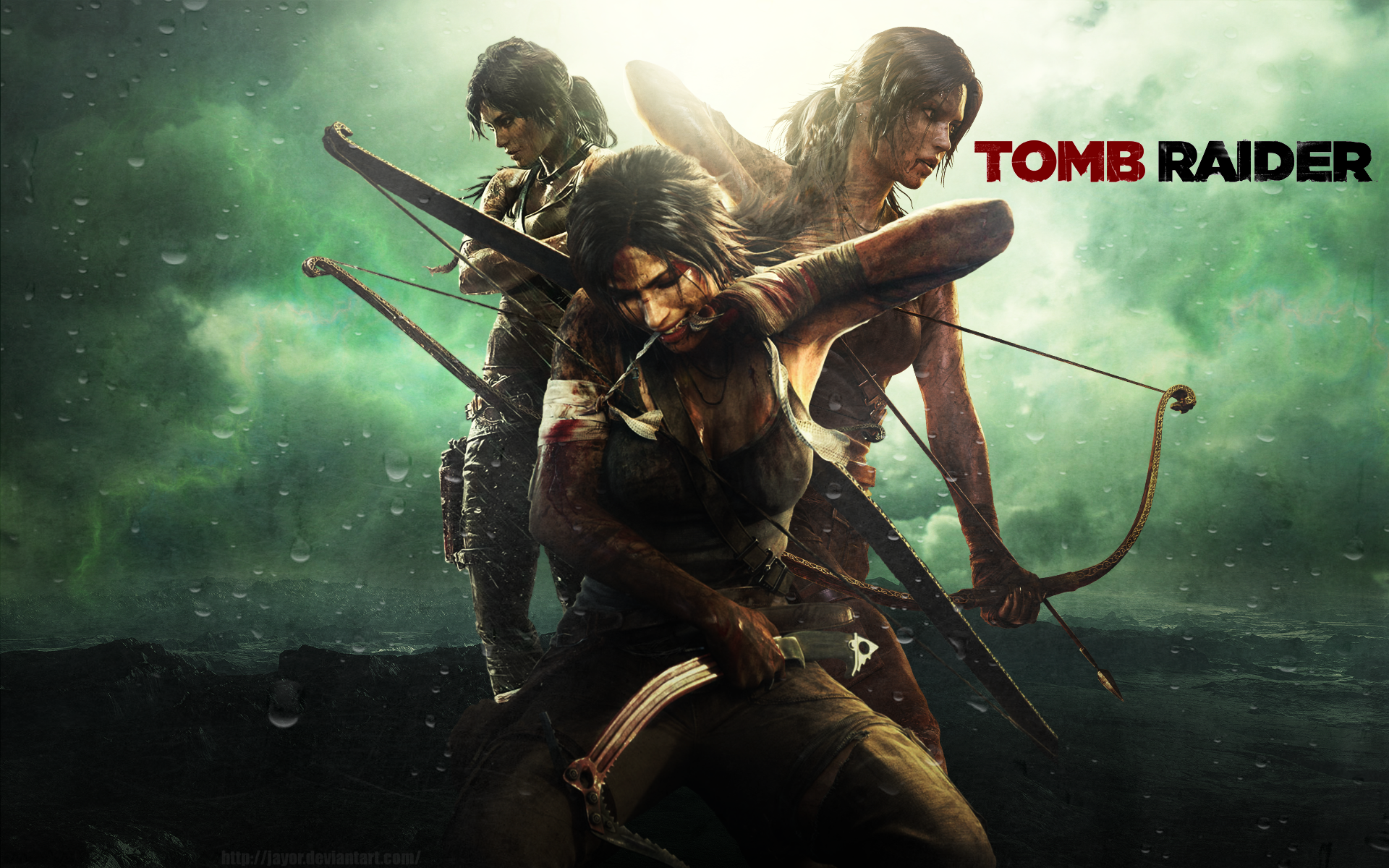
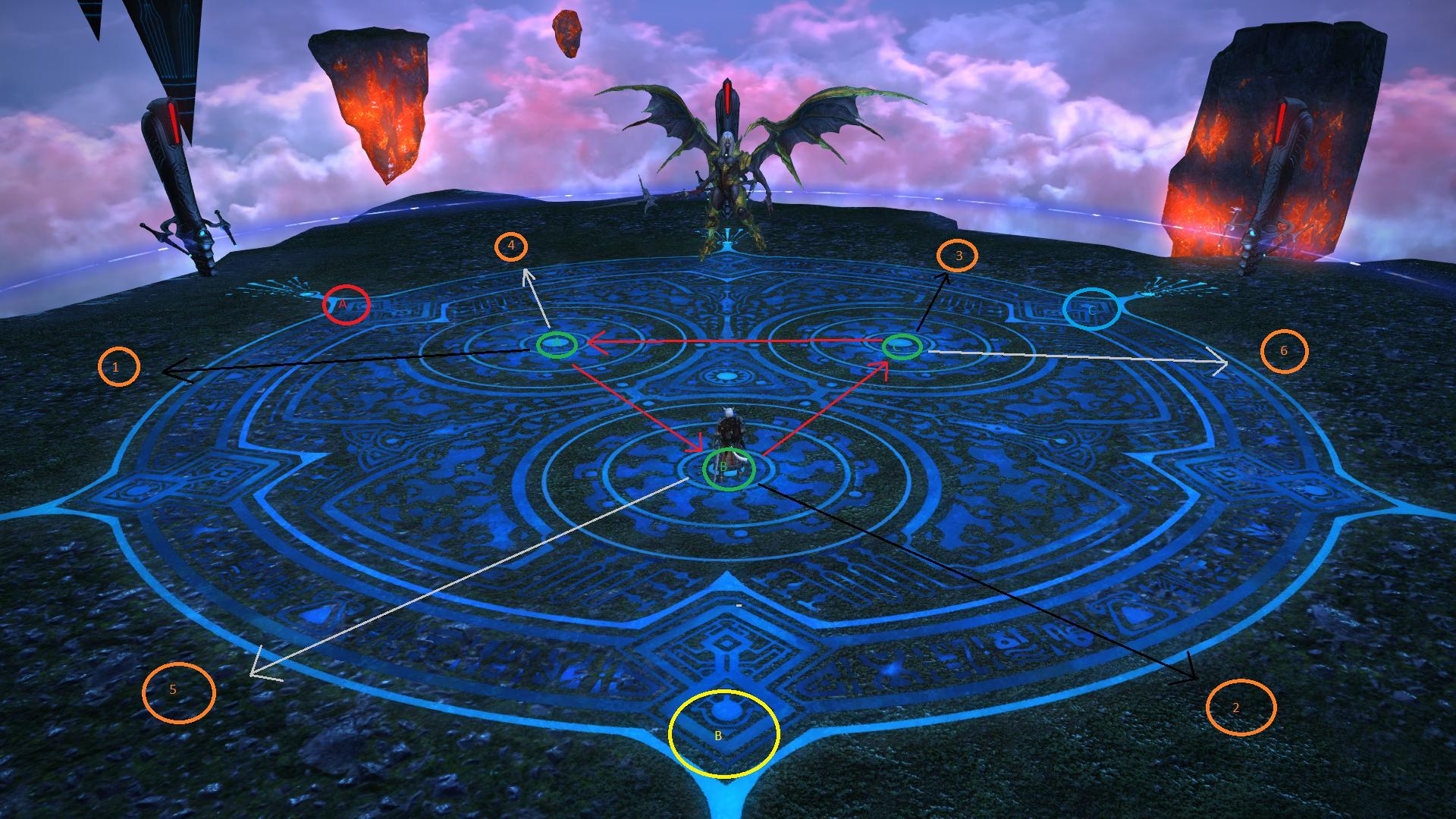
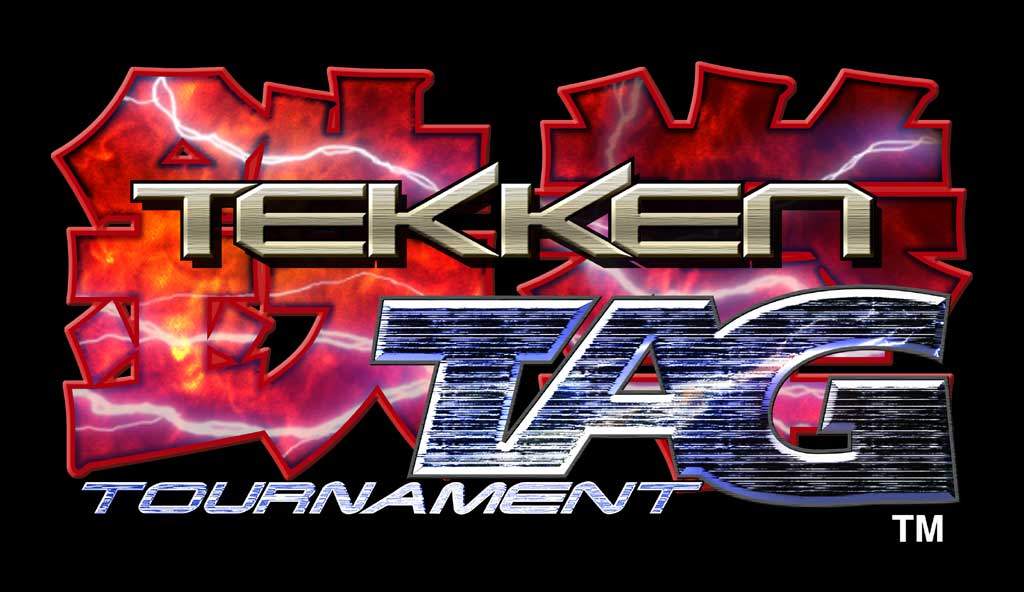
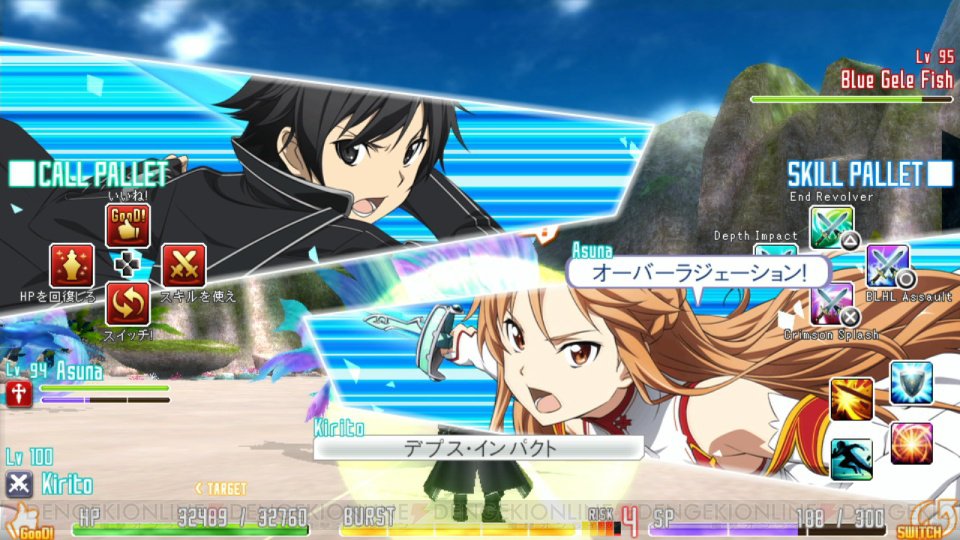
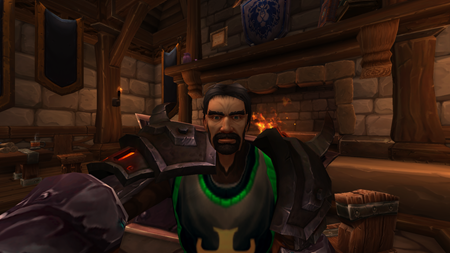
As flawed as the game was, Swtor I think had a nice idea with the puzzle fights. In addition to the standard mechanics, there was an added puzzle element that could be handled by someone regardless of role, though it was more often healers or dps who got the job. I think it was a nice concept and one that could be refined